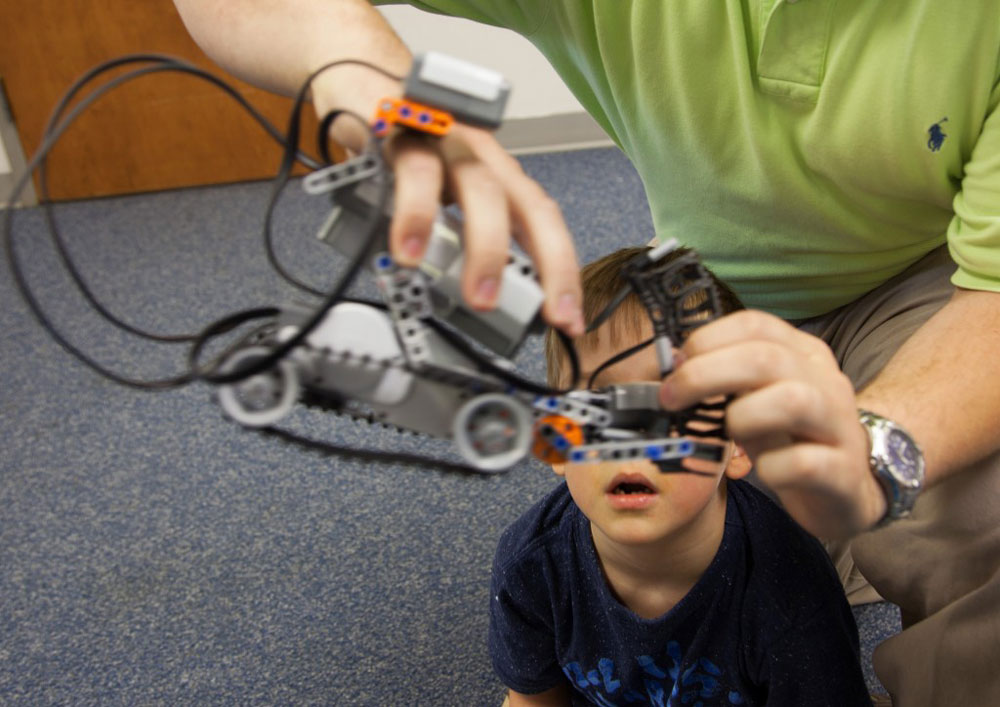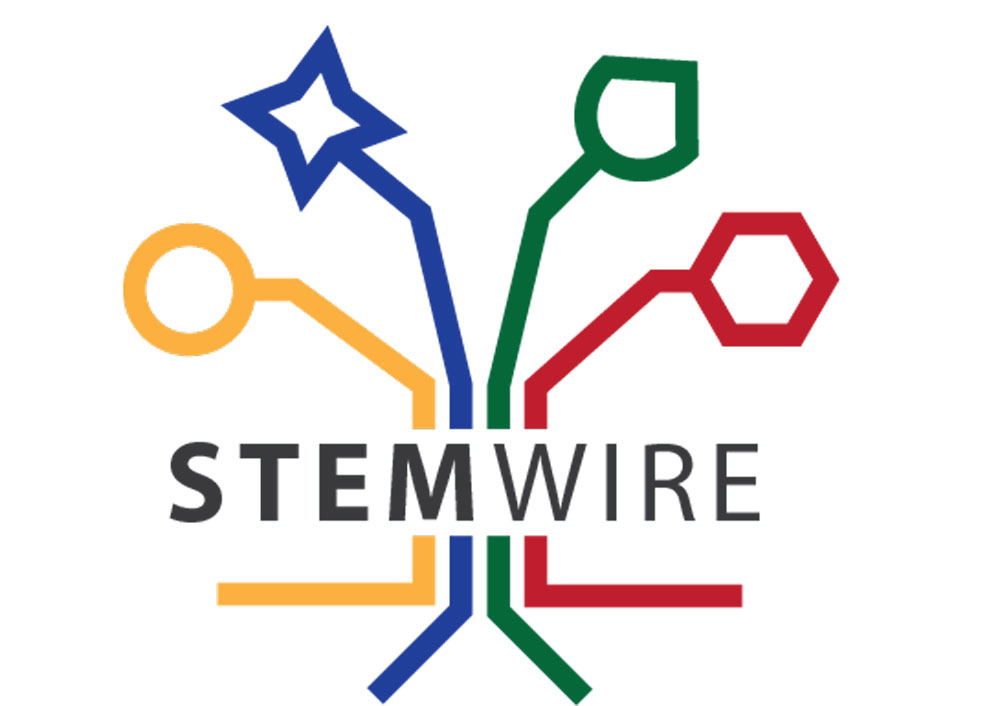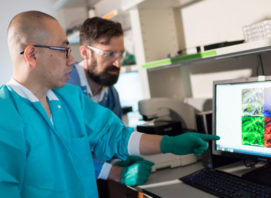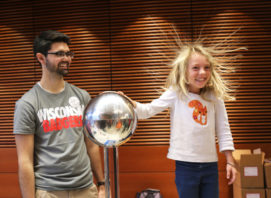N.C. ‘STEM for Kids’ camp promotes 21st-century skills
Moni Singh, founder and CEO of the STEM for Kids program, said educators must prepare the next generation of leaders, innovators and problem solvers for “a future we don’t even know yet.”
STEM for Kids summer camps, based in North Carolina, create opportunities for children in kindergarten through fifth grade to learn about computer science and engineering fields including robotics, aerospace, civil, environmental, mechanical and electrical engineering.
“My focus is engineering because I think engineering takes science, math and basically puts them into an application mode,” Singh said.
The mission of STEM for Kids is twofold: to make STEM concepts fun for children and to make them real and relevant. The robotics camp has been one of the most popular, giving students the chance to both build a robot and program it to perform certain tasks.
“The [children] can make this thing do what they want it to do and they’re amazed,” Singh said. “It’s just magical for them. You see their eyes sparkle the moment they program [the robot] and it starts to walk.”
Along with the complete STEM focus, STEM for Kids promotes the development of 21st-century skills they call the three C’s: critical thinking, collaboration and communications. College students studying STEM fields are often the camp leaders, helping to impart these skills and acting as mentors to the campers.
“For us, the goal is to have role models for the children to look up to,” Singh said. “They’re so young, they can be instruments. We want to make sure they are in the company of the right people.”
The various camps are held at Raleigh, Cary and Wake Forest locations throughout the summer, and STEM for Kids provides classroom experiences and after school programs during the academic year. More information and pictures from the camps can be seen at the STEM for Kids Facebook page.
Singh said she thinks these engineering camps are an instrumental part of answering the ‘why’ or ‘so what’ questions that tend to arise during learning. Providing real-world applications as well as immediate feedback through hands-on learning helps make children excited about STEM.
“[The children] are just forming their opinion of the world,” Singh said, “so before they start developing the perception about ‘science is not for me’ or ‘math is too hard,’ you give them real experiences.”




